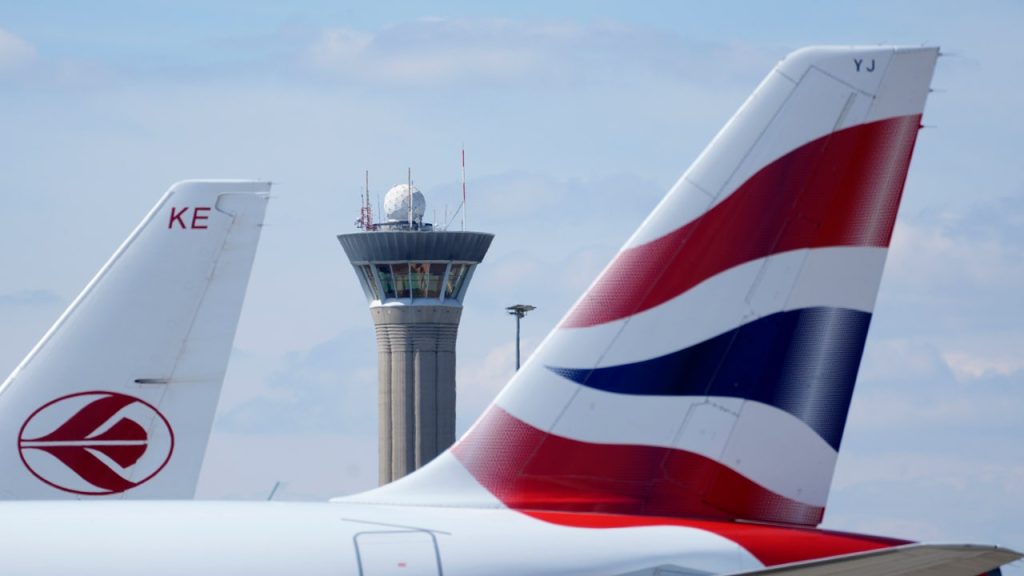Air passengers traveling to and from Paris experienced significant disruptions on Thursday due to a decision by air traffic controllers to cancel a strike after last-minute negotiations. Flight operations were substantially reduced because of adjustments made to schedules ahead of the proposed industrial action. French civil aviation authorities had preemptively requested airlines to cut their flights significantly — by 75% at Paris-Orly, 55% at Charles-de-Gaulle, and 65% at Marseille-Provence, with varying reductions across other French airports. As a result, operations were severely limited, also affecting international flights that cross French airspace.
While the flights that did operate faced only moderate delays, significant cancellations and scheduling adjustments led to continued travel difficulties for thousands of passengers. The fallout was particularly noticeable at major airports like Paris-Orly, where delays compounded the day’s challenges. Passengers were left frustrated as they navigated through the chaos and uncertainty caused by the ongoing disruptions. Many travelers found themselves stranded or forced to make alternate arrangements, adding stress to what should have been a straightforward journey.
Amid the chaos, Paris Charles de Gaulle Airport unveiled a new baggage handling system ahead of the upcoming Olympics. The airport’s efforts to improve infrastructure and enhance passenger experience were overshadowed by the disruptions caused by the strike and subsequent flight cancellations. This modernization project aimed to streamline baggage handling processes and improve efficiency, but its debut was overshadowed by the logistical nightmare faced by passengers trying to navigate their disrupted travel plans.
As passengers struggled to make sense of the situation, airport staff worked tirelessly to mitigate the impact of the strike-related disruptions. Airline representatives tried to assist passengers with rebooking options and accommodation arrangements, but the sheer scale of the disruptions made it challenging to provide timely solutions for everyone affected. The ripple effects of the strike were felt not only in Paris but also across international travel routes that pass through French airspace, amplifying the inconvenience for travelers on a global scale.
In the midst of the chaos, some travelers expressed frustration at the lack of communication and support from airlines and airport authorities. Confusion reigned as passengers tried to figure out their next steps and make sense of the constantly changing flight schedules. The disruptions served as a stark reminder of the potential impact of labor disputes on air travel, highlighting the vulnerability of the aviation industry to external factors beyond passengers’ control. Despite the resilience and adaptability of both travelers and airport personnel, the strike-induced disruptions left a lasting impact on all those involved.
Ultimately, the strike cancellation and subsequent flight disruptions served as a wake-up call for the aviation industry, prompting a reevaluation of contingency plans and communication strategies in the face of potential future disruptions. The events in Paris underscored the importance of proactive measures to minimize the impact of labor disputes on travelers and ensure the smooth operation of critical infrastructure. As airports and airlines across the globe reflect on the lessons learned from this incident, the focus shifts to enhancing resilience and preparedness to navigate unforeseen challenges in an ever-evolving travel landscape.


